Managing Night Sweats and Rheumatoid Arthritis: Tips That Work
Night sweats and rheumatoid arthritis — if you’ve ever experienced these two together, you know it’s more than just an annoying symptom. As a rheumatology nurse practitioner, I’ve seen firsthand how this uncomfortable combo can disrupt sleep, affect daily life, and even cause anxiety for those trying to manage their condition. Rheumatoid arthritis (RA) isn’t just about joint pain and stiffness; it’s a complex autoimmune disease that can sneak in symptoms like night sweats, often catching patients off guard.
Understanding Night Sweats and Rheumatoid Arthritis
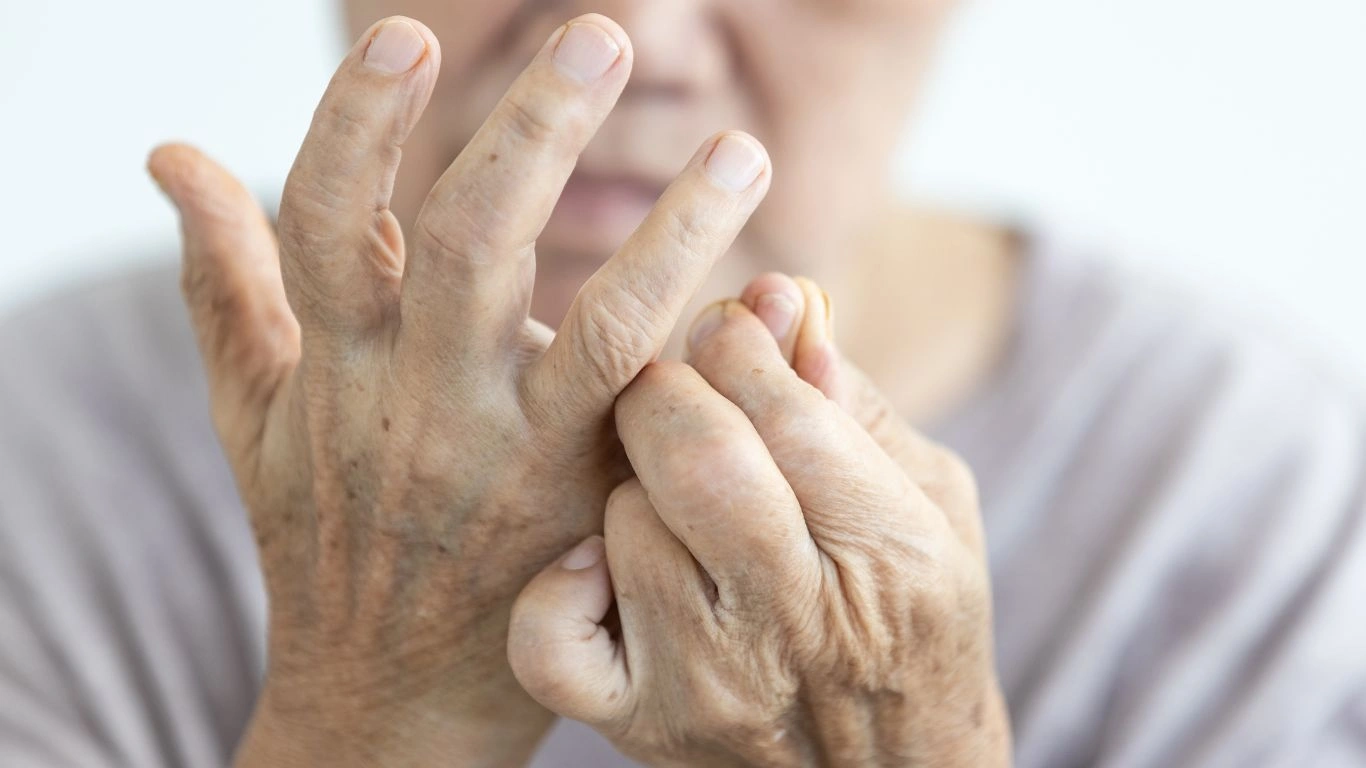
When I first started working with RA patients, I quickly realized that night sweats are more common than many expect. Night sweats are episodes of excessive sweating during sleep that soak through clothing and bedding. While everyone can sweat at night occasionally, persistent night sweats in RA patients often signal something more than just a warm bedroom.
Why do they happen? Rheumatoid arthritis triggers chronic inflammation, which affects the body’s immune system and temperature regulation. This inflammatory response can mess with the hypothalamus—the part of your brain that controls your body’s thermostat—leading to those drenched nights. Plus, certain medications used to treat RA can also play a role in causing night sweats.
Inflammation: The Root Cause
Inflammation is at the heart of RA, and it’s also a major driver behind night sweats. When your immune system is constantly on high alert attacking your joints, it releases chemicals called cytokines. Some of these cytokines—like tumor necrosis factor-alpha (TNF-alpha) and interleukin-6 (IL-6)—can increase your body’s temperature set point, essentially causing your internal thermostat to “reset” too high. This can lead to flushing, fever, and night sweats, especially during flare-ups.
Medications and Night Sweats
From my experience, I’ve seen many patients mention night sweats right after starting or changing their RA treatment. Certain drugs, especially biologics and disease-modifying antirheumatic drugs (DMARDs), can have side effects including sweating. Corticosteroids like prednisone, often prescribed during flare-ups, are notorious for causing night sweats and hot flashes.
- Biologic therapies – While they target inflammation, some patients report night sweats as a side effect.
- DMARDs – Medications like methotrexate can sometimes disrupt your body’s balance and cause sweating.
- Corticosteroids – Often cause hormonal changes that increase sweating episodes.
How Night Sweats Affect Quality of Life in Rheumatoid Arthritis Patients
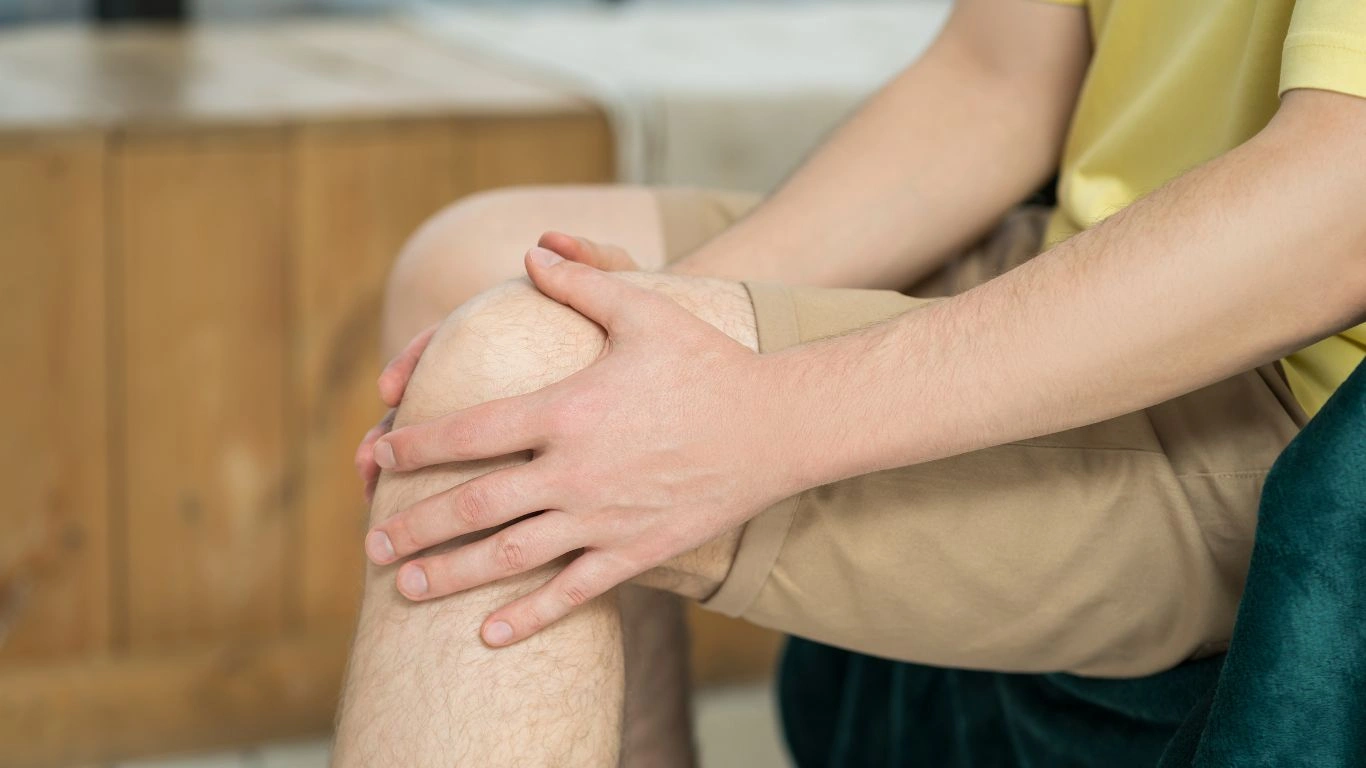
Night sweats aren’t just a minor inconvenience — they can seriously disrupt your sleep and overall well-being. In my clinic, I often talk with patients who describe waking up soaked, shivering, or feeling exhausted the next day. This constant interruption leads to sleep deprivation, which only makes managing RA symptoms harder.
The Vicious Cycle of Poor Sleep and RA Symptoms
Sleep and inflammation are tightly linked. Poor sleep can worsen inflammation, and heightened inflammation can cause more night sweats—creating a frustrating cycle. When you’re not rested, you might notice increased joint pain, stiffness, and fatigue, all of which can make daily tasks feel overwhelming.
Mental Health and Night Sweats
From what I’ve seen, night sweats can also take a toll on mental health. Worrying about waking up drenched or feeling constantly tired can increase anxiety and stress, which in turn can worsen RA symptoms. It’s a complex loop, and addressing night sweats can sometimes improve both physical and emotional health.
Common Triggers of Night Sweats in Rheumatoid Arthritis

- RA Flare-ups: When inflammation spikes, so do night sweats.
- Medications: Certain drugs may have sweating as a side effect.
- Infections: RA patients can be more susceptible to infections, which may cause fevers and night sweats.
- Hormonal changes: Particularly in women, menopause can overlap with RA symptoms.
- Environmental factors: A warm bedroom or heavy blankets can worsen sweating episodes.
Managing Night Sweats When You Have Rheumatoid Arthritis
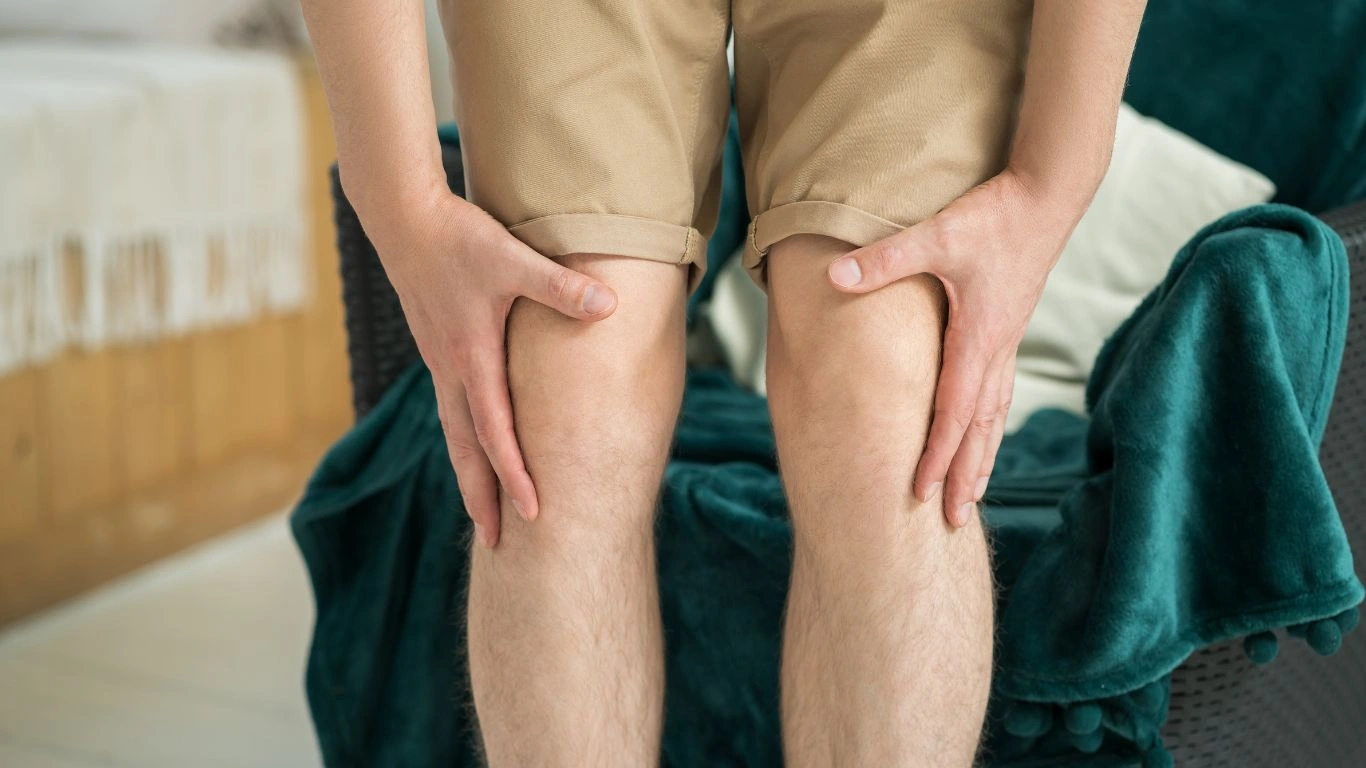
Dealing with night sweats while managing rheumatoid arthritis can feel like walking a tightrope—balancing treatment, lifestyle, and symptoms. Over the years, I’ve learned that while night sweats can’t always be completely eliminated, there are practical strategies that can help ease the intensity and improve your sleep quality.
Adjusting Your Environment for Better Sleep
One of the easiest places to start is your bedroom setup. From personal experience and countless patient discussions, a cool, well-ventilated room is a game-changer. Keeping your bedroom temperature between 60 to 67 degrees Fahrenheit often helps reduce sweating. Also, lightweight, breathable bedding made of natural fibers like cotton or bamboo can wick moisture away better than synthetic fabrics.
- Use moisture-wicking sheets and pajamas.
- Keep a fan or air conditioner on low during the night.
- Layer blankets so you can remove them easily if you start sweating.
Personally, I recommend patients avoid heavy comforters and opt for a simple cotton sheet with a light blanket on top. This layering system offers flexibility as your body temperature fluctuates during the night.
Review Your Medication with Your Healthcare Provider
Sometimes, the night sweats might be a side effect of your RA medication. If you’ve recently started a new treatment or increased your dose and noticed night sweats creeping in, it’s worth discussing with your rheumatologist or nurse practitioner. Don’t stop medications on your own, but rather explore if dosage adjustments or alternative treatments might help.
When I work with patients struggling with medication-induced sweating, we often look at:
- Timing of medication: Sometimes taking meds earlier in the day can reduce nighttime side effects.
- Medication alternatives: Exploring other drugs with fewer sweating-related side effects.
- Additional treatments: Using adjunct therapies like low-dose antidepressants or hormone therapy if indicated.
When to Seek Medical Advice About Night Sweats

Night sweats can sometimes be more than just a nuisance, especially for people with rheumatoid arthritis. In my clinical experience, it’s important to keep an eye out for symptoms that might indicate a need for urgent medical evaluation.
Warning Signs That Need Prompt Attention
If you notice any of the following alongside your night sweats, don’t hesitate to reach out to your healthcare provider:
- Unexplained weight loss: Losing weight without trying can signal an underlying issue.
- Persistent fever: A fever lasting more than a few days may indicate infection or another inflammatory process.
- New or worsening symptoms: Such as increased joint swelling, severe fatigue, or unusual rashes.
- Medication reactions: Signs of allergic reaction or severe side effects.
RA patients are at higher risk for infections due to immunosuppressive treatments, so night sweats accompanied by fever or chills require prompt evaluation. I always advise my patients to trust their instincts — if something feels off, get it checked out.
Practical Tips for Coping with Night Sweats and Rheumatoid Arthritis Flare-Ups
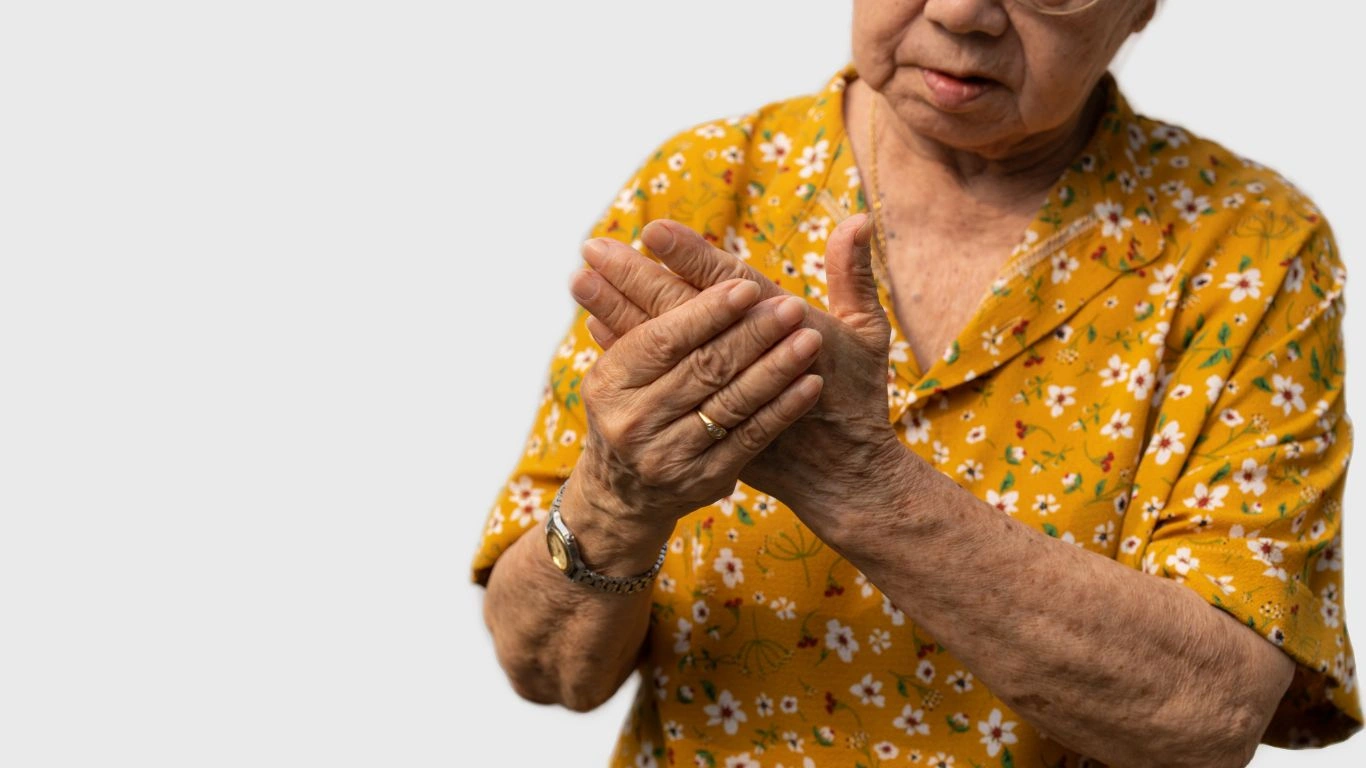
Living with RA means adapting to the ebb and flow of symptoms, and night sweats can be part of that rhythm. Here are some of the best practical tips I share with my patients to help manage night sweats during flare-ups:
Keep a Symptom Diary
Tracking your night sweats along with other symptoms like joint pain, fatigue, and medication changes can help your healthcare team identify patterns. I’ve seen how this simple step can empower patients to feel more in control and make appointments more productive.
Practice Relaxation and Stress Reduction
Stress and anxiety can amplify night sweats. I often recommend gentle relaxation techniques like:
- Deep breathing exercises
- Progressive muscle relaxation
- Guided meditation or mindfulness
These methods don’t just calm the mind—they can reduce inflammation signals in the body and improve sleep quality.
Stay Hydrated and Nourished
Night sweats can leave you dehydrated, which worsens fatigue and joint stiffness. Drinking water throughout the day, and keeping a glass by your bedside, can help. Additionally, a balanced diet rich in anti-inflammatory foods (think omega-3 fatty acids, fresh fruits, and vegetables) supports overall RA management.
Consider Gentle Evening Exercise
Some patients find that light stretching or yoga before bed helps ease stiffness and promotes relaxation. However, it’s crucial to avoid vigorous exercise right before sleeping, as that can increase body temperature and potentially trigger sweating.
Long-Term Strategies to Manage Night Sweats and Rheumatoid Arthritis
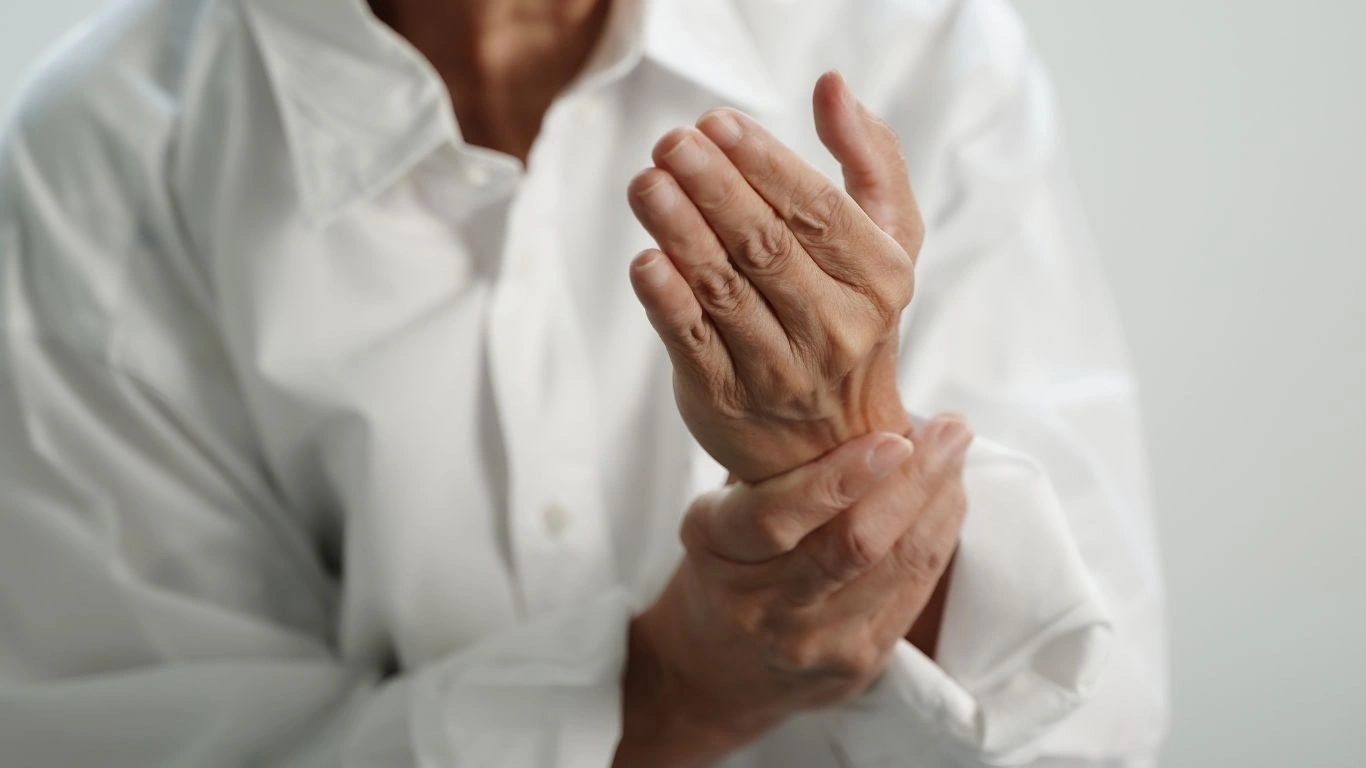
After working with many RA patients over the years, one thing’s clear: managing night sweats is about more than just quick fixes. It’s a part of an ongoing journey of understanding your body and tailoring your care to what works best for you. Night sweats can feel exhausting and frustrating, but with the right tools and support, they don’t have to take over your life.
Consistent Communication with Your Healthcare Team
I can’t stress enough how important it is to keep an open dialogue with your rheumatologist and nursing team. Rheumatoid arthritis is a dynamic condition, and what worked a few months ago might need adjusting today—especially when night sweats become more intense or frequent.
Regular check-ins help catch any underlying issues early, whether it’s a medication side effect, infection, or a new symptom. Plus, your healthcare team can help you explore new therapies or supportive treatments that might reduce inflammation and improve sleep quality.
Exploring Complementary Therapies
Some patients ask about natural or complementary options to help with night sweats. While I always encourage evidence-based treatments first, I’ve seen that integrating gentle approaches can offer relief and improve well-being when done thoughtfully.
- Acupuncture: Some RA patients find this helpful for pain and relaxation, which may indirectly reduce night sweats.
- Herbal supplements: Products like valerian root or chamomile can promote relaxation, but always check with your healthcare provider before starting anything new to avoid interactions.
- Mind-body practices: Yoga, tai chi, and meditation not only ease stress but may help balance your nervous system and reduce flare triggers.
From my experience, these therapies work best as part of a comprehensive plan, rather than standalone fixes. If you’re curious, talk it over with your healthcare team to find a safe, personalized approach.
Addressing Emotional Health When Night Sweats and RA Intersect
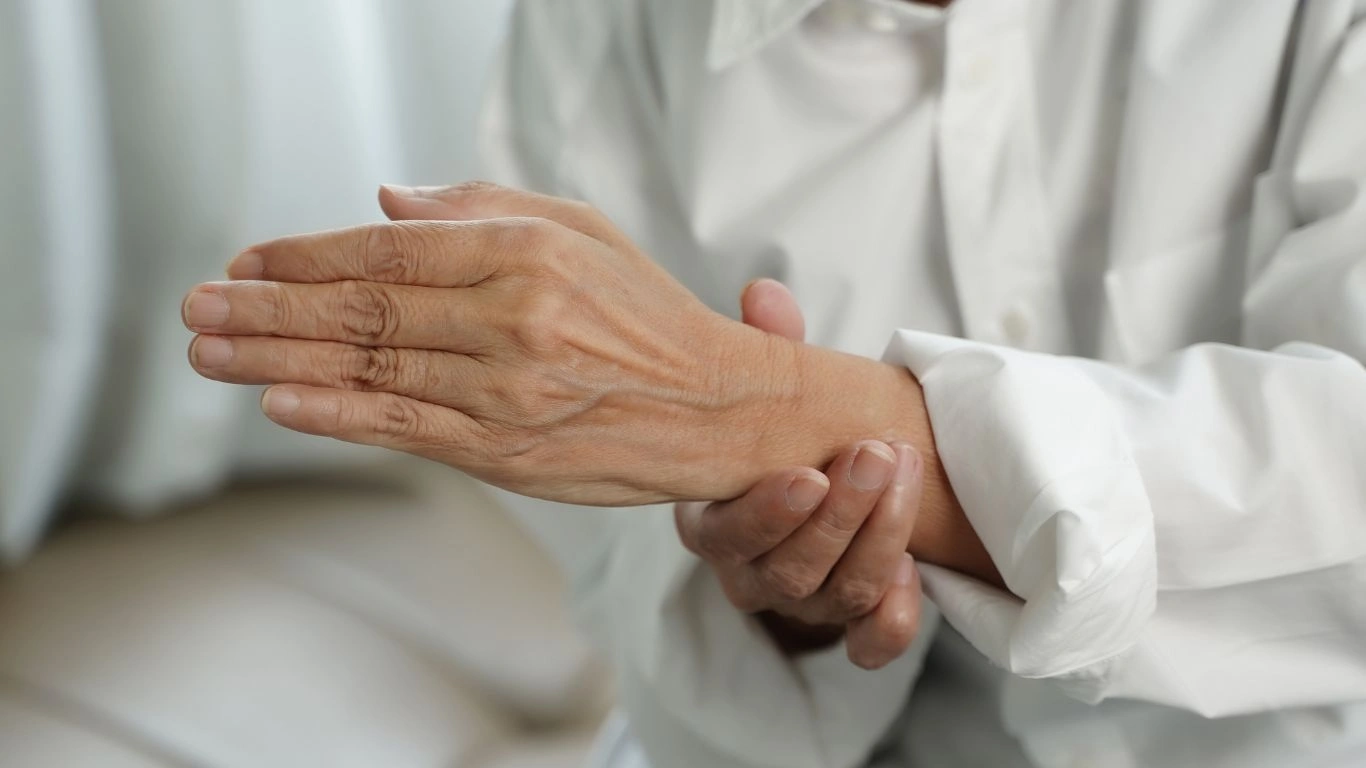
Living with chronic illness like rheumatoid arthritis can be a rollercoaster, and night sweats often add to that emotional strain. Sleep disruptions can heighten feelings of frustration, anxiety, and even depression. Over time, this emotional weight can affect your motivation and overall outlook.
The Importance of Mental Health Support
One of the most rewarding parts of my work is helping patients see that mental health is just as vital as physical health. Sometimes, just knowing you’re not alone makes a huge difference. I often recommend counseling or support groups specifically geared toward chronic illness and RA.
Additionally, cognitive-behavioral therapy (CBT) techniques can be effective for managing anxiety around symptoms like night sweats and improving sleep hygiene. You don’t have to navigate these challenges alone—professional support can provide tools to cope and thrive despite the ups and downs.
Simple Self-Care Practices to Try Tonight
Here are a few easy, everyday habits that many of my patients find helpful for calming the mind and improving sleep, even when night sweats persist:
- Create a calming bedtime routine: Dim the lights, avoid screens, and read a book or listen to soothing music.
- Practice gentle breathing exercises: Even five minutes before bed can relax your nervous system.
- Limit caffeine and heavy meals in the evening: Both can increase body temperature and interfere with sleep.
- Journaling: Writing down worries or gratitude before sleep can reduce racing thoughts.
Looking Ahead: Research and New Treatments on the Horizon
Rheumatoid arthritis research is continually evolving, and that gives me hope to share with patients. Scientists are exploring better ways to target inflammation and minimize side effects like night sweats. Some promising areas include:
- New biologic agents with more precise immune system targeting.
- Personalized medicine approaches based on genetics and lifestyle.
- Improved understanding of how the nervous system interacts with immune responses to control symptoms.
While these advances may take time to reach everyday practice, staying informed and engaged with your healthcare team can help you benefit from new options as they become available.
References and Resources
Disclaimer
This article is intended for informational purposes only and should not replace professional medical advice, diagnosis, or treatment. If you have rheumatoid arthritis or experience night sweats, please consult your healthcare provider for personalized care.

Tarra Nugroho is a dedicated Nurse Practitioner with a strong foundation in family and preventive care. She brings both compassion and clinical expertise to her practice, focusing on patient-centered care and health education. As a contributor to Healthusias.com, Tarra translates medical knowledge into clear, empowering articles on topics like women’s health, chronic disease management, and lifestyle medicine. Her mission is simple: help people feel seen, heard, and informed—both in the clinic and through the content she creates. When she’s not caring for patients, Tarra enjoys weekend hikes, plant-based cooking, and curling up with a good health podcast.






